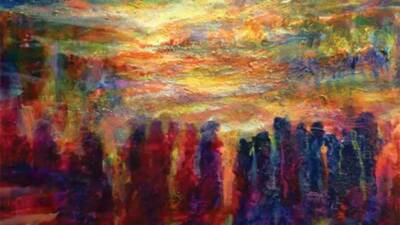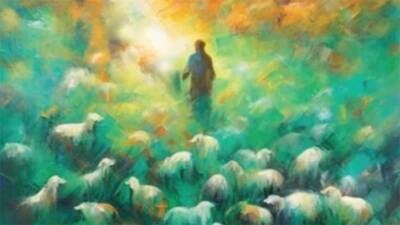
Covenant & Conversation:
Family Edition
This series aims to connect young people with Rabbi Sacks’ ideas and thoughts on the weekly parsha ‘Covenant & Conversation’, in a family-friendly way. There are multiple sections in each issue, designed to allow a family containing a range of age-groups to each find content that appeals. As such, this resource is suitable for all young people, particularly students and teenagers, as well as their adult family members, teachers, and friends.
FEATURED FAMILY EDITION
In the Details
Our new Covenant & Conversation: Family Edition series features interactive sections and ideas to involve all the family in the conversation, at all ages. Discover discussion, stories, answer questions and engage in new activities based on the parsha, and Rabbi Sacks’ essay. With new sections for the Jewish year 5786, focused on uncovering hidden depths within the Chumash, this week we delve into Mishpatim.
By Cycle
By Theme
By Parsha

Bereishit (Genesis)
Genesis, the book of Bereshit, is as its name suggests, about beginnings: the birth of the universe, the origins of humanity, and the first chapters in the story of the people that would be known as Israel or (after the Babylonian exile) the Jews.

Shemot (Exodus)
The book of Exodus – Shemot – is the West’s meta-narrative of hope. It tells an astonishing story of how a group of slaves were liberated from the mightiest empire of the ancient world. Theologically, its message is even more revolutionary: the supreme power intervenes in history in defence of the powerless.

Vayikra (Leviticus)
In Vayikra, the book of Leviticus, God sets out the mystery and majesty of holiness, summoning the people with whom He covenanted to a life driven by its energy, lit by its radiance, transformed by its alignment with the will and word of its Creator.

Bamidbar (Numbers)
The central theme of Bamidbar, the book of Numbers, is the second stage of the Israelites’ journey: physically from Egypt to the Promised Land, mentally from slavery to freedom. It is among the most searching, self-critical books in all of literature about what Nelson Mandela called “the long walk to freedom.”

Devarim (Deuteronomy)
With the book of Deuteronomy, Devarim, the entire biblical project becomes lucid and reaches its culmination. Deuteronomy is the last act of the Jewish people’s drama before becoming a nation in its own land, and it forms the context of all that follows.





